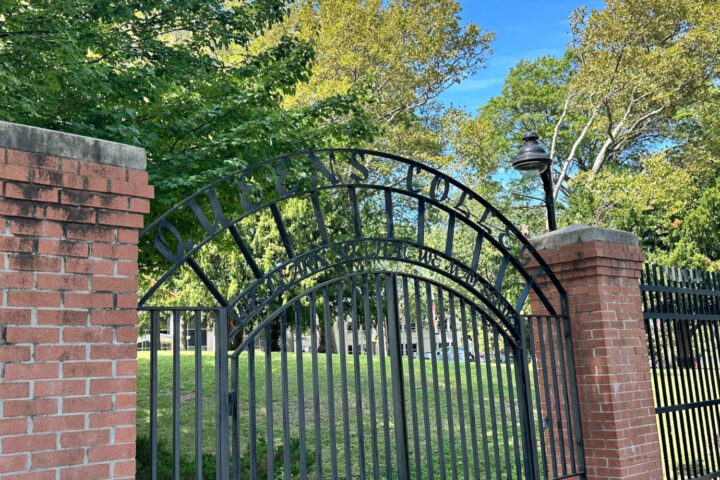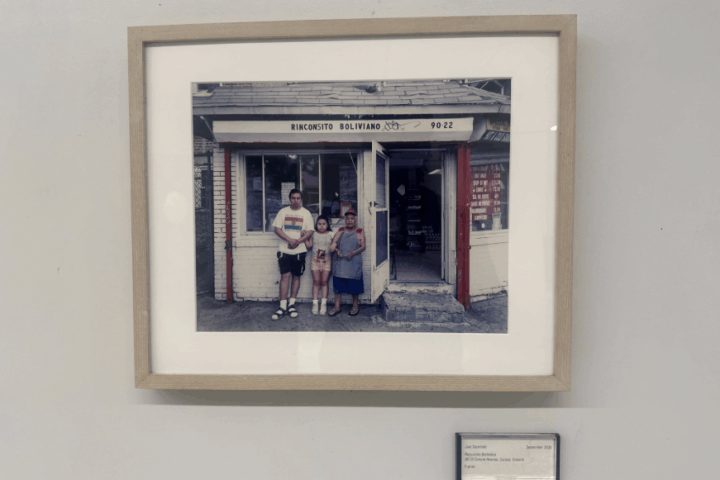New York City’s stop and frisk program is considered by many to be inherently problematic and racist. According to data by the New York Civil Liberties Union, 532,911 people were stopped in 2012, of which 87 percent were black and Latino. The program has come under fire from minorities, civil rights groups and academics, including CUNY professors.
In July, John Jay College professors Delores Jones-Brown and Brett Stoudt launched stopandfriskinfo.org, a website containing articles, videos and reports that provide information on stop and frisk policies. The site is the collaborative effort of John Jay’s Center on Race, Crime and Justice, Communities United for Police Reform and the Marijuana Arrest Research Project, which Harry Levine — a Queens College sociology professor — directs.
Dr. Delores Jones-Brown, author of the book “Race, Crime and Punishment” and professor in the law, police science, and criminal justice administration department, stated that programs like stop and frisk are racist.
“Such racist policies remove individual character and responsibility. You cannot tell a person’s criminality based on race, religion or looks,” she said, criticizing both stop and frisk and NYPD surveillance of Muslim communities.
She further stressed that among those stopped, the criminals are far and few in between. According to the NYCLU, 89 percent of those stopped and frisked were innocent.
Despite the statistics, not all are against stop and frisk. In a Wall Street Journal op-ed, Police Commissioner Raymond Kelly stated that the NYPD “concentrated officers in minority neighborhoods that experienced spikes in crime.” Jones-Brown rejects the claim that policing best benefits minorities. She and other critics of stop and frisk believe there needs to be reform within the NYPD and a body that overlooks the police.
The NYPD’s Deputy Commissioner for Public Information, Lt. Eugene Whyte, argued that the program is not, stop and frisk but rather stop, question and frisk.
“It is a tool to protect officers, for them to ask questions and the frisking is done as a protective measure,” he said. The frisking is said to be done in order to find concealed weapons.
Defending against claims of racism, Lt. Whyte said that the majority of victims of crimes are minorities and that these measures are for the protection of victims.
“Many people are not aware that a large number of police academy graduates are minorities, with a very high rate of female Hispanics,” he said.
Hasibullah Mir, president of QC’s Muslim Students Association, remains undecided about stop and frisk practices.
“I have mixed feelings for the stop and frisk policy,” he said. “I don’t think it’s fair that people can be searched without any probable cause other then how suspicious the individual looks but on the other hand, I feel like it may help the streets become a safer place. If you don’t possess anything illegal, why worry? You have nothing to hide.”
On August 12th, United States District Judge Shira Scheindlin ruled that stop and frisk violated minority rights, adding that the policy could only continue with stronger limitations and with the oversight of a federal monitor.













